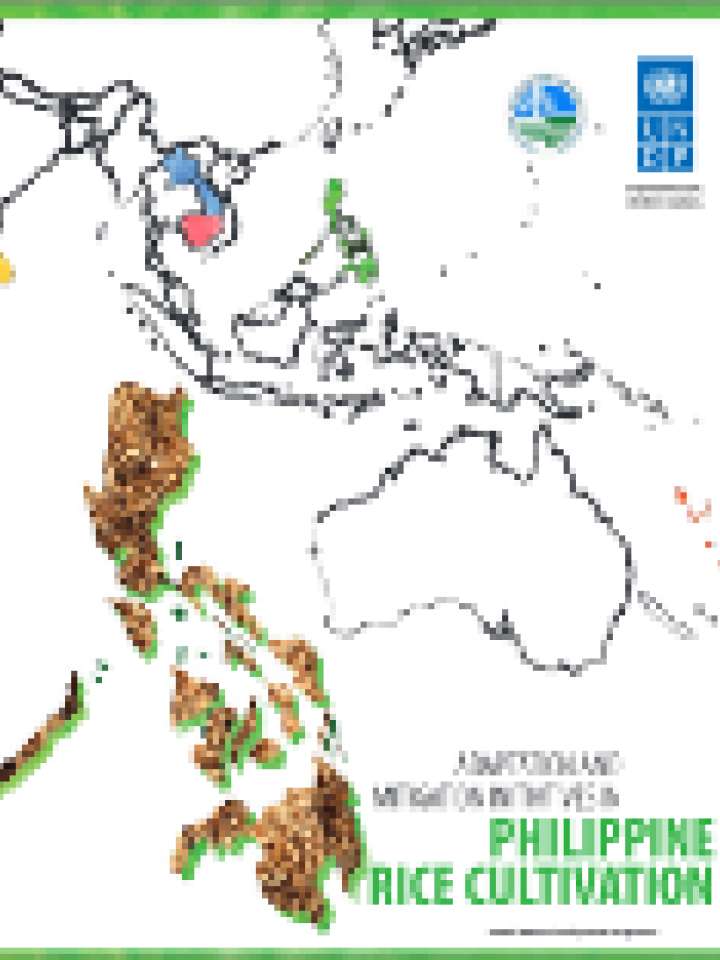Adaptation and mitigation initiatives in Philippine rice cultivation
This report focuses on the Adaptation and Mitigation Initiatives in Agriculture (AMIA) that are designed for the rice cultivation sector in order in order to help the Philippines to deploy climate change resilient rice cultivation schemes. This sector is extremely vulnerable to the impacts of climate change and commonly associated with food security. As the sector follows a deeply entrenched cultivation practice, involving the continuous flooding of rice fields up to harvest, a holistic approach, such as a AMIA, emerged as the only possible way to introduce overall transformational changes and address a wide array of issues in the sector beyond reductions in GHG emissions.
Key insights of the report include:
- Experience with past pilot projects showed that farmers are willing to follow water management programmes for the duration of the pilot projects and while they receive continuous guidance with their performance being monitored. However, in the absence of incentives to support continuous water management after the end of pilot projects, they tended to revert to continuous flooding.
- The implementation of the AMIA provides a number of incentives for rice farmers to switch from continuous flooding to Alternative Wetting and Drying water management practices and thus promotes climate change resilient rice production.
- The AMIA provides the country with an accurate and credible information framework by applying a robust but simple MRV system for GHG emission reductions and sustainable development benefits.
- The proposed AMIA is unique as it addresses, through the proposed set of interventions a large number of policy goals and targets related to climate change, sustainable development and agricultural sector reform, and provides an overall solution to climate change risk management and the transition to low GHG emission agriculture, and the empowerment of farmers.
- The Philippines has already created under different programmes most of the enabling policy environment for the implementation of these, but the proposed AMIA is the first attempt to put the programmes together in a single policy implementation structure.
Explore further
